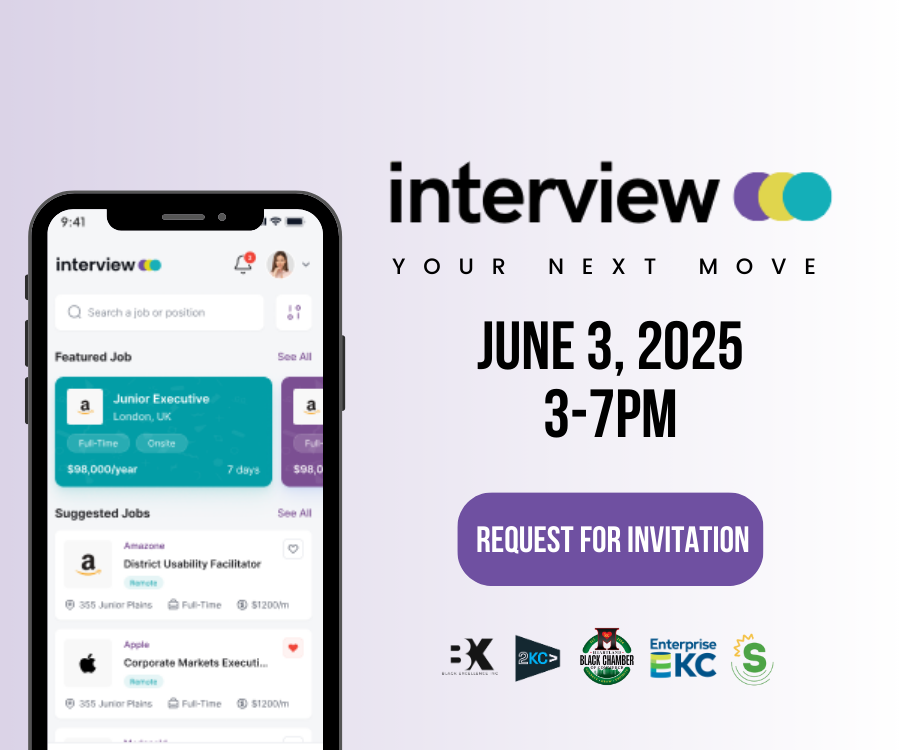Editor’s note: The opinions expressed in this commentary about workplace culture are the author’s alone. Ryann Dowdy is a longtime sales coach and trainer.
They’re pushy. Annoying. Overbearing. Aggressive. Sleazy. The thought of salespeople conjures all manner of descriptions for many people — including startup founders and leaders.
You picture the portrayals in movies like “Glengarry Glen Ross,” or worse yet “Boiler Room” — The shady car salesman tricking your grandma into buying a car that barely runs.
Sales doesn’t look like that anymore. It isn’t about forcing someone to do business with you. You aren’t strong-arming everyone you know into becoming a client. Today’s buyer is smart, educated, and has unlimited, free resources to do research.
The old stigma of sales cannot exist in that environment.
Sales is about an exchange of value for money. Period. End of story. You provide a product or service. You collect a check. You (hopefully) over-deliver on what you sold. Your clients love you and tell everyone they know about you. Wash. Rinse. Repeat.
Does any of that sound aggressive? Or annoying?
If you can’t sell your product or service, you don’t have a business.
Every time you say “I hate sales” or “I am not a salesperson,” you’re not only psyching yourself out — you’re downplaying the amazing work you’ve done to grow your business. You’re downplaying the people that you’ve helped and the impact you’re making on the world.
Selling is helping. Selling is about educating potential buyers about what problem you solve, how you solve it, and how it impacts them. At the end of that process, you help them make a decision. The problem is, most people don’t make that decision on the spot. You’re then forced to follow up and ask them if they’ve made a decision.
This is where it gets dicey for most business owners. They don’t want to follow up too much (and be annoying) or follow up too little (and miss an opportunity). Mastering the follow up is likely the most difficult part of sales for most people.
To avoid being pushy in your follow-up, get permission to do so. Close every conversation with a concrete next step. If you can’t get buy-in on that next step, you’re not done “selling.” If you tell someone that you’ll give them a call “tomorrow morning at 9 a.m. to continue the conversation” — it’s not annoying or pushy; It’s expected.
When you’re following up, you’re simply continuing the conversation that you originally started. If the person you’re following up with wanted that conversation to be over, they would (or should) tell you “no.”
The second part of not being overbearing with your follow up is to give your prospect permission to say “no.” Let them know that your job is to help them make the best decision for them and their business. If that solution isn’t yours — that’s OK. It’s amazing how many people will open up when given the opportunity to say “no.” You’ll also be shocked to learn how many of them aren’t saying “no,” but rather “not right now.”
If your business is new, you will have a lot of educating to do. You will need to be clear on who you serve, how you serve them, and the results you deliver. Once you’re clear on those things, educating and selling become one in the same. It’s much easier to have a “Lunch and Learn” session about what you do than it is to invite someone to a group sales pitch. However, the point of the Lunch and Learn is to educate people so that they want to work with you. Worst case scenario: They know someone who wants to work with you. Every chance you get to educate is a chance to sell your solution.
Sales isn’t a dirty word. Sales is necessary. Sales drives revenue. Sales keeps the lights on. Reframe your mindset around sales to helping and educating and you will see a dramatic increase in your sales conversations and your revenue.
Ryann Dowdy is founder of Uncensored Consulting, and a KC-based sales trainer and coach, digital marketer, and professional problem solver. Email her at ryann@livelifeuncensored.com






































